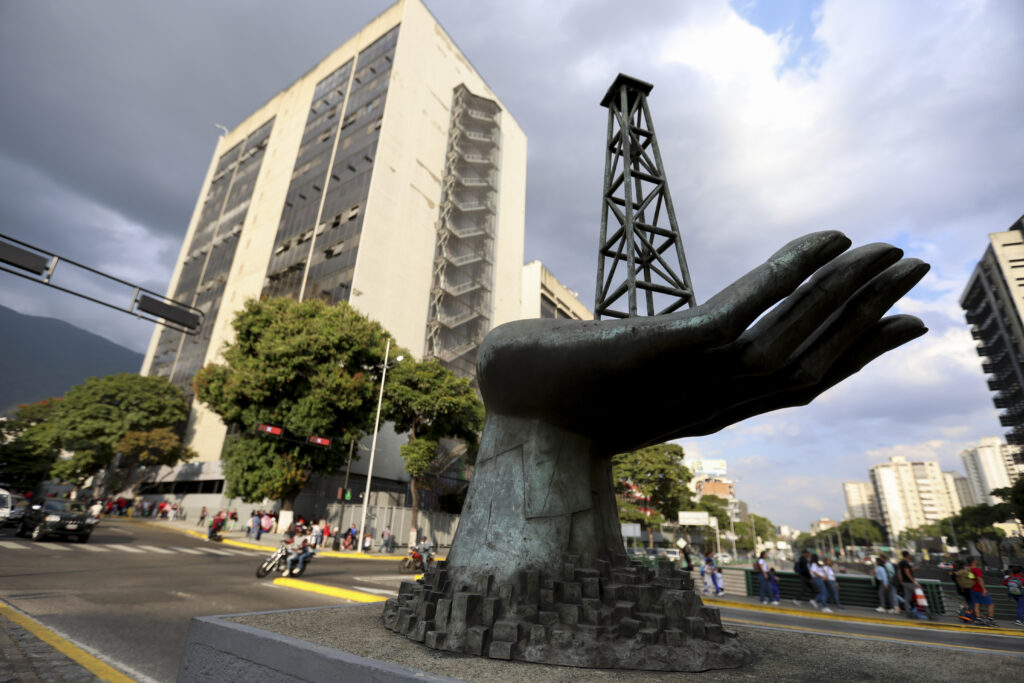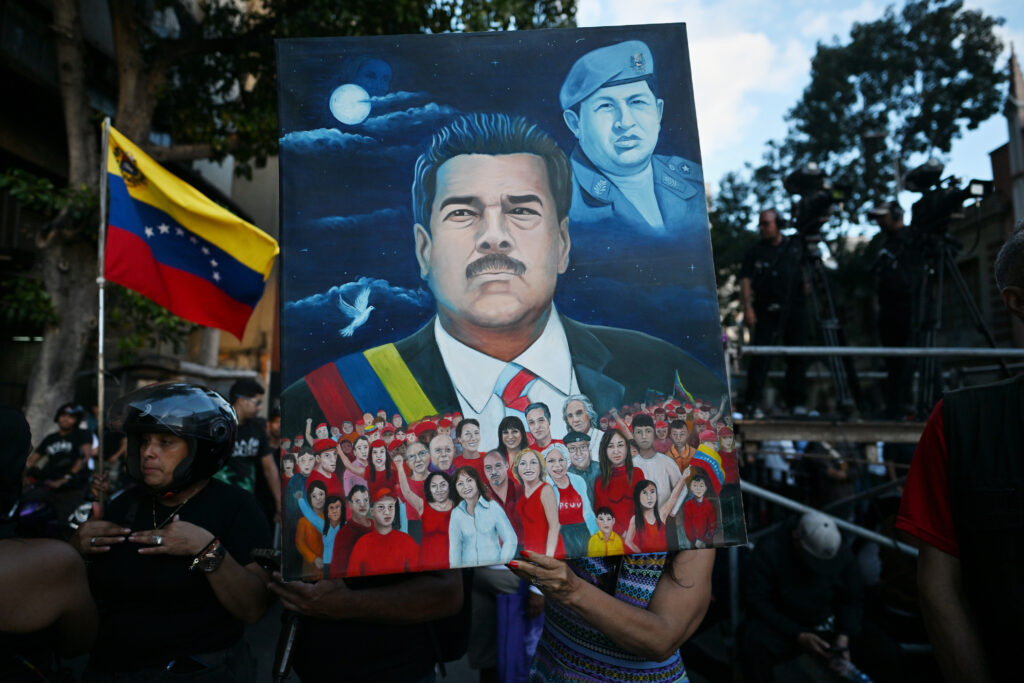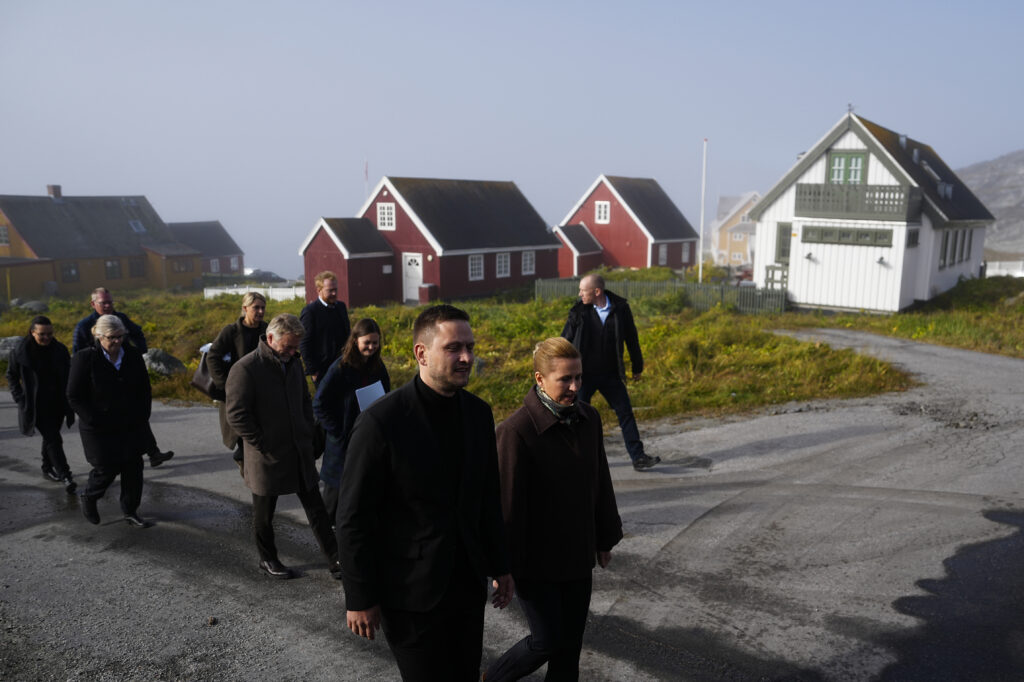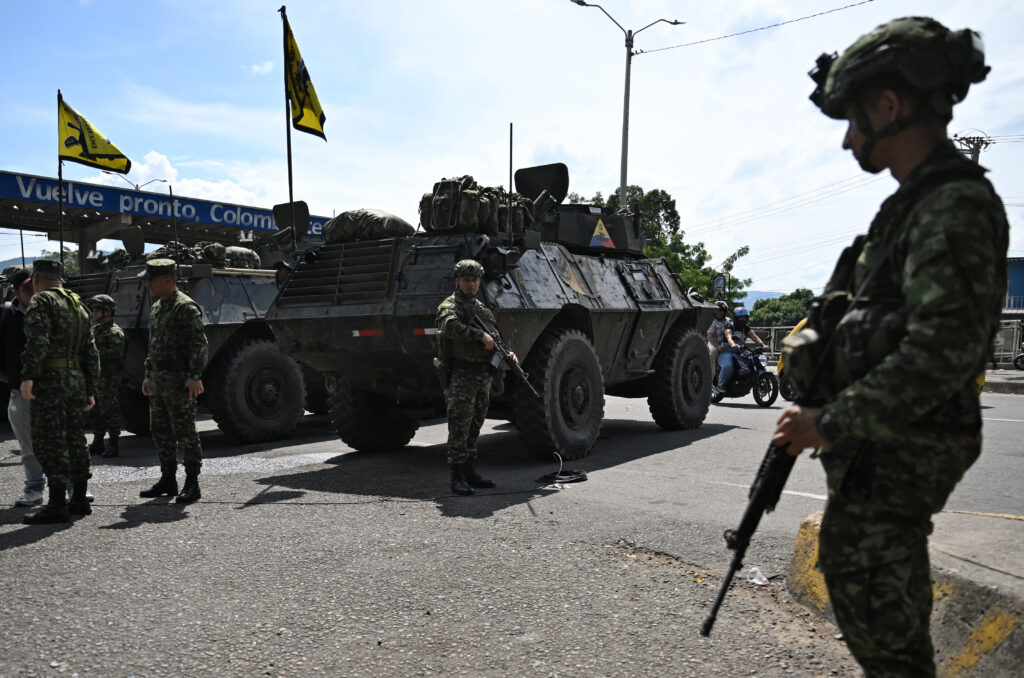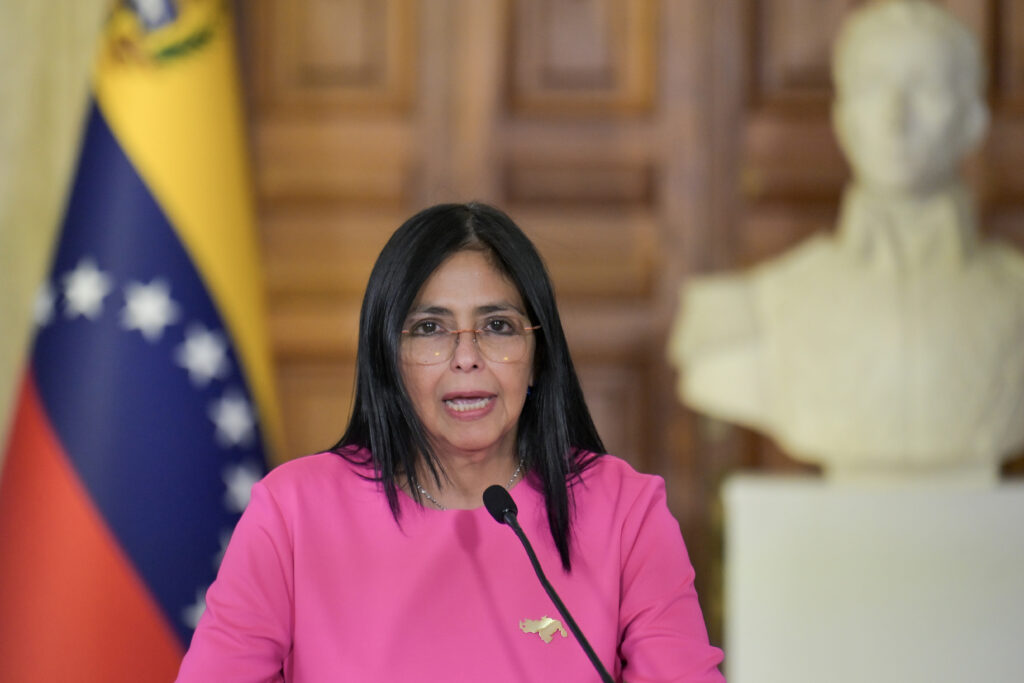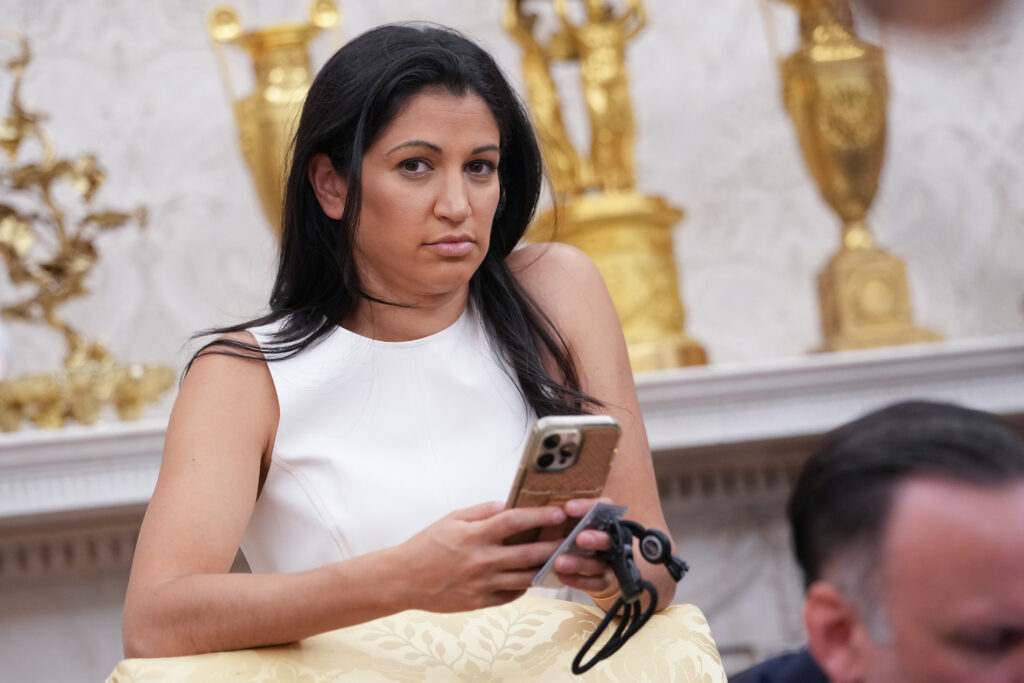Chalamet boosts Oscar bid with Critics Choice Awards win
Timothee Chalamet’s Oscars campaign earned a major boost Sunday as he scooped the best actor prize for “Marty Supreme” at the Critics Choice Awards, the first major gala of this year’s Hollywood awards season.He defeated rival Leonardo DiCaprio, whose raucous political thriller “One Battle After Another” took the night’s top prize for best picture, as well as best director and best adapted screenplay for Paul Thomas Anderson.In “Marty Supreme,” Chalamet plays a 1950s table tennis champion consumed by grand ambitions.Loosely based on a true story, and benefiting from the Franco-American actor’s unique viral campaign, the film directed by Josh Safdie (“Uncut Gems”) has become an unlikely global hit.”Josh, you made a story about a flawed man with a relatable dream,” said Chalamet.”And you didn’t preach to the audience about what’s right and wrong, and I think we should all be telling stories like that, so thank you for this dream.”The movie is loosely based on the life of table tennis star Marty Reisman, a man driven by the belief that he can achieve fame and fortune through a sport little known in the United States.Chalamet — the “Dune” superstar and two-time Oscar nominee who recently portrayed Bob Dylan in “A Complete Unknown” — rigorously trained in table tennis for the role.The 30-year-old has in the past made no secret of his ambitions to win multiple Academy Awards, and will now be the frontrunner for the ceremony on March 15.- Oscars momentum -The awards bestowed by North America’s largest critics’ group could give movie campaigns much-needed extra momentum as Oscars voting nears.This year, it took the coveted first weekend of awards season usually occupied by the Golden Globes, which will take place in Beverly Hills next weekend.Jessie Buckley won best actress for her tragic role as the wife of William Shakespeare in period drama “Hamnet.”Jacob Elordi won best supporting actor for his portrayal of the Monster in “Frankenstein,” which also won three technical awards, while Amy Madigan won supporting actress for a villainous turn in horror flick “Weapons.”Netflix’s global mega-hit musical “KPop Demon Hunters” won best animated feature and best song.”Sinners,” a period horror film also seen as a major contender for many of this season’s top prizes, had to settle for best original screenplay, young actor, score, and casting and ensemble.Among the television prizes, hospital saga “The Pitt” won best drama, Hollywood satire “The Studio” won best comedy, and teen murder drama “Adolescence” won best limited series.Best talk show winner Jimmy Kimmel joked about his spat with US President Donald Trump last year, which saw the late-night host briefly taken off the air. “Thank you, Mr President, for all the many ridiculous things you do each and every day,” said Kimmel.”A FIFA Peace Prize would have been better but this is nice too,” Kimmel joked.In the show’s opening monologue, host Chelsea Handler paid tribute to the late Rob Reiner, “the nicest guy in Hollywood.”The beloved “When Harry Met Sally” director and his wife Michele were found stabbed to death in their Los Angeles home last month. “Anyone who ever spent time with Rob Reiner knows that the minute that you met him, he felt like an old friend,” she said, to emotional applause from the gathered A-listers and critics.

